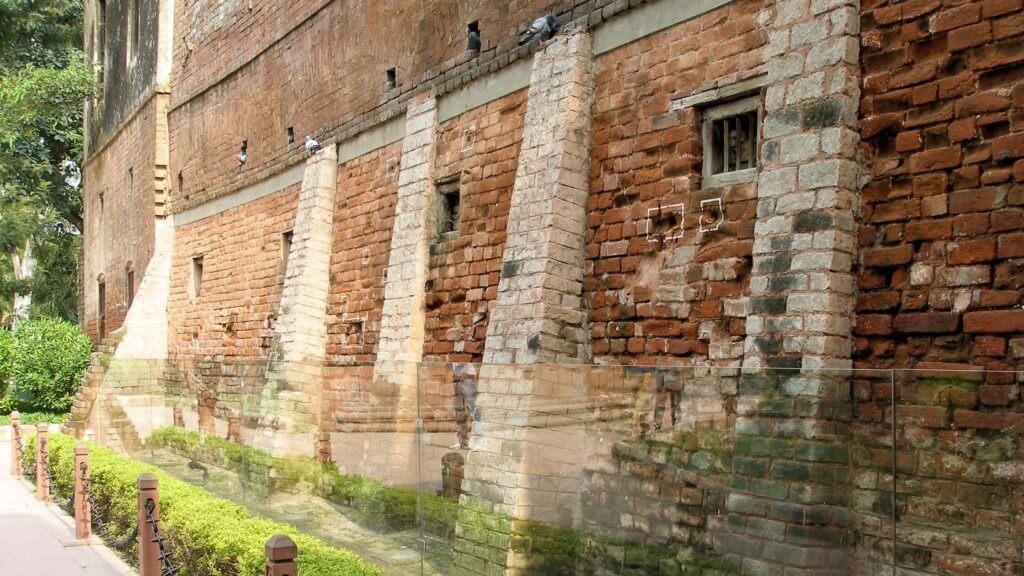Introduction
Decades before India gained independence, one courageous Indian official stood up to the British Empire and forced the world to confront the horrors of colonial rule. Sir Chettur Sankaran Nair, a distinguished lawyer and statesman, risked his career to expose the 1919 Jallianwala Bagh massacre, forever marking a turning point in India’s freedom struggle.
Who Was Sir C. Sankaran Nair?

Born in 1857 in Palakkad, Kerala, Nair belonged to a wealthy, progressive family. After earning his law degree from Presidency College Madras, he became a high court judge and later one of the few Indians appointed to the Viceroy’s Executive Council during British rule. He was knighted in 1912, reflecting his stature within the British administration — yet he remained a staunch critic of imperial oppression.
Throughout his career, Nair championed reforms for women’s rights, fought to abolish the caste system, and demanded greater political autonomy for India. In 1897, as Congress president, he directly accused the British administration of causing India’s mass poverty and recurring famines.
The Jallianwala Bagh Massacre: A Defining Moment
On 13 April 1919, British troops under Brigadier General REH Dyer opened fire on thousands of unarmed civilians gathered at Jallianwala Bagh in Amritsar, Punjab, killing hundreds and wounding many more. Official British records listed around 400 deaths, while Indian sources estimate close to 1,000 fatalities.

Nair was outraged. In his 1922 book Gandhi and Anarchy, he wrote, “If to govern the country it is necessary that innocent persons should be slaughtered at Jallianwala Bagh, the country is not worth living in.”
He promptly resigned from the Viceroy’s Council and traveled to Britain, determined to raise awareness of the massacre. His conversations with journalists in London led to widespread coverage in major British newspapers, including The Westminster Gazette and The Times.
The Libel Trial That Shook the Empire
In 1924, Sankaran Nair faced a high-profile libel suit brought by Sir Michael O’Dwyer, then Lieutenant Governor of Punjab, who was implicated in the atrocities. In his book, Nair accused O’Dwyer of “terrorism” and directly blamed him for the massacre and subsequent repression in Punjab.
The London trial lasted five weeks. The jury ruled 11:1 in O’Dwyer’s favor, awarding £500 in damages and £7,000 in legal costs. Nair refused O’Dwyer’s offer to settle for an apology and paid the fine instead, insisting that his goal had been achieved: exposing British brutality to the global public.
Impact on India’s Freedom Struggle
Though Nair lost the case, his defiance stirred public outrage both in India and Britain. His great-grandson Raghu Palat later wrote that the trial helped fuel the growing freedom movement, showing that even constitutional loyalists could no longer trust the British Empire’s promises of fairness.
Even Mahatma Gandhi, whom Nair had criticized for his civil disobedience tactics, acknowledged his courage, noting that he had “shown pluck in fighting without hope of victory.”
Legacy and Modern Revival

After returning to India, Nair continued advocating for constitutional reforms and chaired the Indian committee reviewing the Simon Commission in 1928. He passed away in 1934, but his legacy lives on as a symbol of principled dissent during colonial rule.
In recent years, his life has received renewed attention thanks to the Bollywood film Kesari Chapter 2, in which Akshay Kumar portrays Nair, introducing his remarkable story to a new generation of Indians.
Conclusion: A Voice That Could Not Be Silenced
Sir C. Sankaran Nair’s fearless stand against the Jallianwala Bagh massacre remains a powerful reminder of individual courage against institutional oppression. His confrontation with British authorities helped awaken world opinion and emboldened India’s quest for independence, proving that one man’s voice can indeed shake an empire.

Explore the full timeline of India’s freedom movement here.
Further Reading:
Join the Discussion
Do you think Sankaran Nair’s bold defiance made a lasting impact on India’s freedom struggle? Share your thoughts in the comments below!